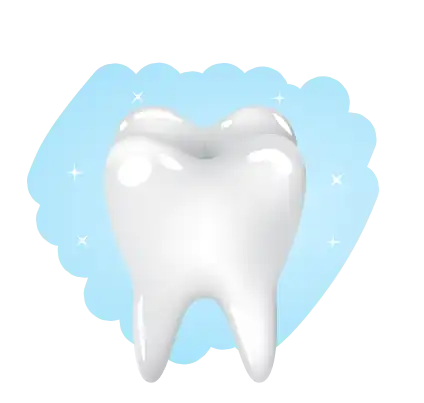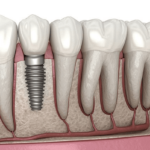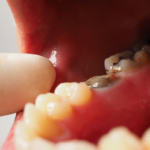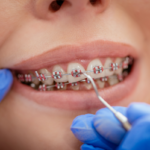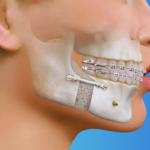
In This Article
Toggle
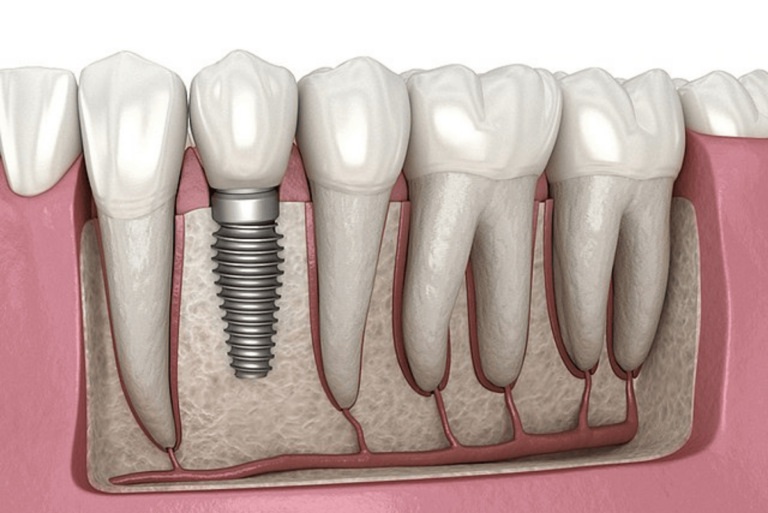

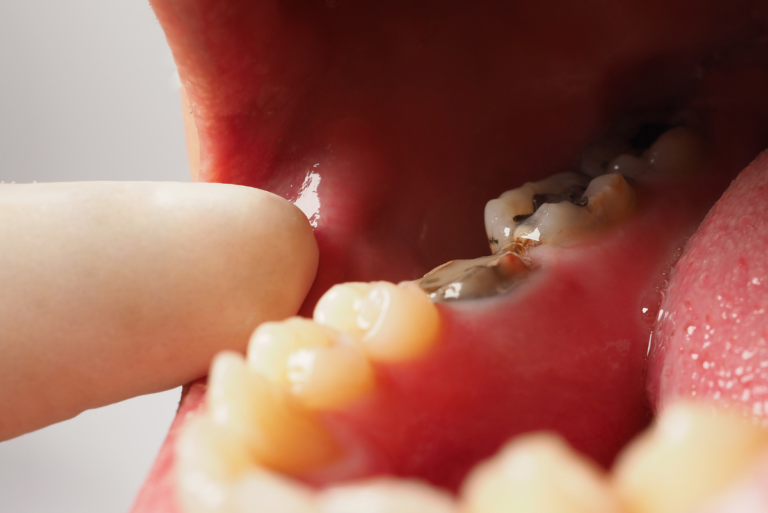
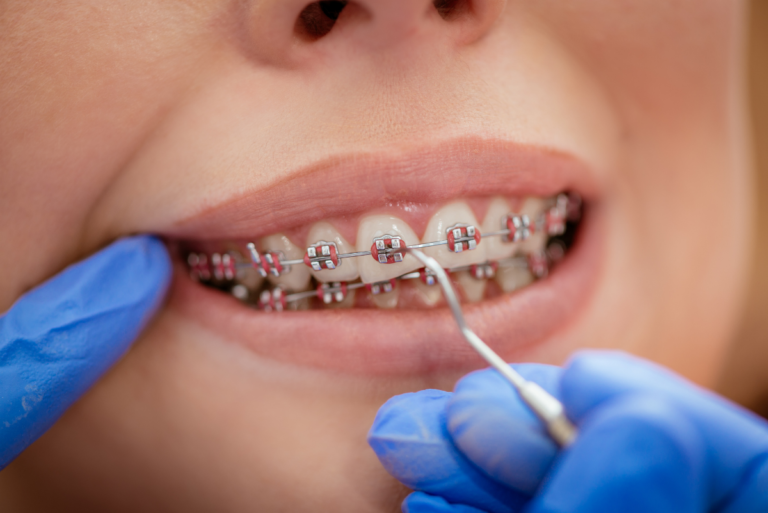
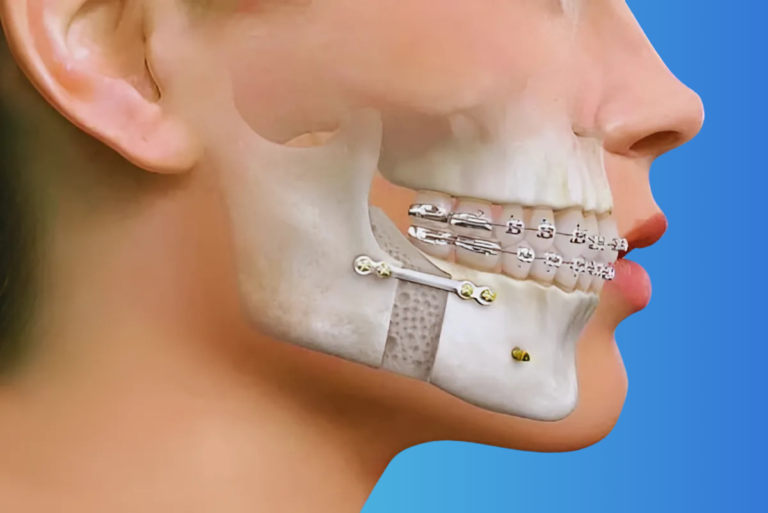

Founder and Chief Dental Specialist at Kansal Dental Care, Meerut
In This Article
Toggle
Tooth decay, also known as dental caries, is a common problem affecting people of all ages, from young children to adults. Untreated tooth decay can lead to severe pain and further health issues. This blog provides you with insights into the causes, symptoms, and preventive measures for tooth decay to keep your family’s teeth healthy.
Tooth decay occurs when the enamel (the outer layer of the tooth) is weakened over time by bacteria and acids. This typically happens when we consume foods high in sugars and carbohydrates. In this blog, we’ll discuss easy and effective ways to prevent tooth decay.
Tooth decay has many causes, including:
Misconception: A common myth is that only sugary foods cause decay. In reality, any food high in carbohydrates can contribute to decay.
Early signs of tooth decay can include:
Ignoring these symptoms can lead to more severe issues, including the need for root canal treatment or extraction.
To diagnose tooth decay, dentists use the following process:
Treatment depends on the stage of tooth decay:
Here are some simple, effective ways to prevent tooth decay:
To manage mild symptoms of tooth decay at home:
With timely treatment, tooth decay can be entirely managed and teeth can be restored. However, if untreated, decay can lead to severe infections, abscesses, and tooth loss.
Consider these research-backed remedies and lifestyle adjustments:
Note: These remedies can be supportive but do not replace professional dental care.
Dr. Abhinav Kansal advises, “Oral hygiene and mindful eating habits are essential for preventing tooth decay. Using fluoride toothpaste and getting regular dental checkups are key to long-term oral health
If you experience persistent pain, swelling, or bad breath, it’s time to consult a dentist. Ignoring the serious symptoms of tooth decay can worsen the condition.
It’s essential to pay attention to dental issues before they become severe. Regular dental care and checkups can prevent most problems from advancing. For more information or to book an appointment, contact Kansal Dental Care.
References:
Disclaimer: This blog is for informational purposes only. Consult a specialist for specific dental concerns.
Tags: Tooth Decay, Dental Health, Oral Hygiene, Kids Dental Care, Adult Dental Care, Tooth Decay Prevention, Healthy Teeth, Family Dental Tips, Dental Checkups, Cavity Prevention
